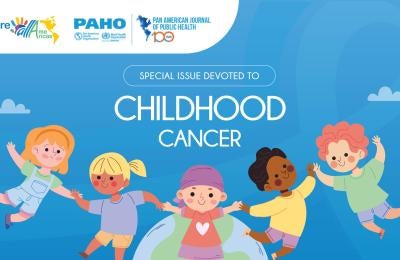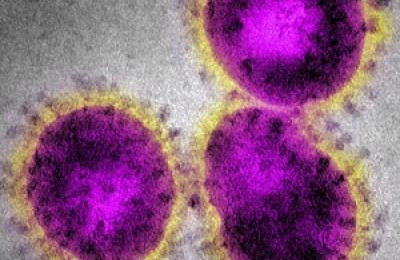Whole-genome sequencing for surveillance of antimicrobial resistance in Ecuador: present and future implications
Whole-genome sequencing is becoming the gold standard for pathogen characterization and offers considerable advantages for understanding the evolution and dissemination of new determinants of antimicrobial resistance. Despite the benefits of whole-genome sequencing for pathogen characterization, implementation costs and lack of expertise may limit its use by public health laboratories. This article reviews the advantages of whole-genome sequencing for pathogen characterization and the current status of the use of whole-genome sequencing for antimicrobial resistance surveillance in Ecuador.














